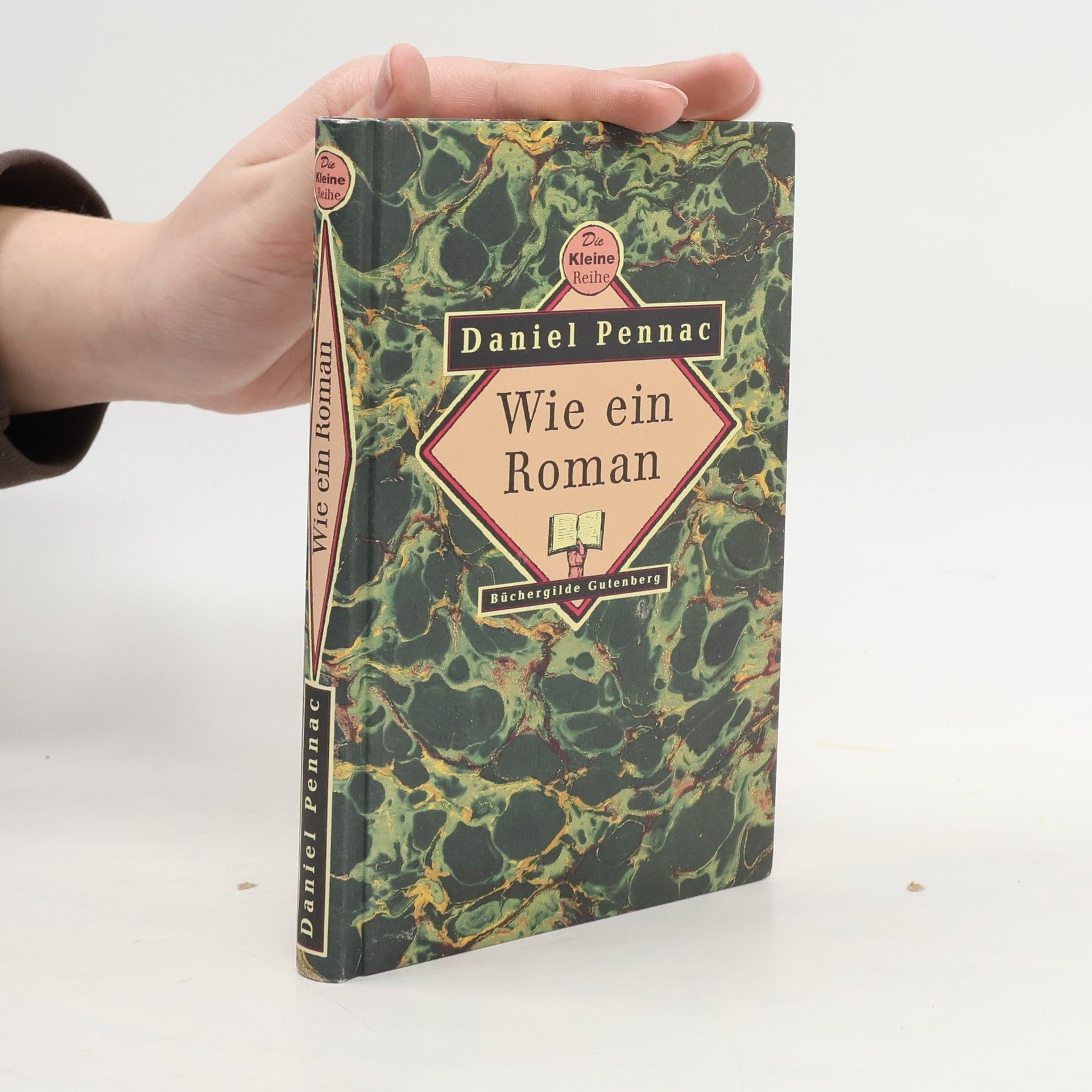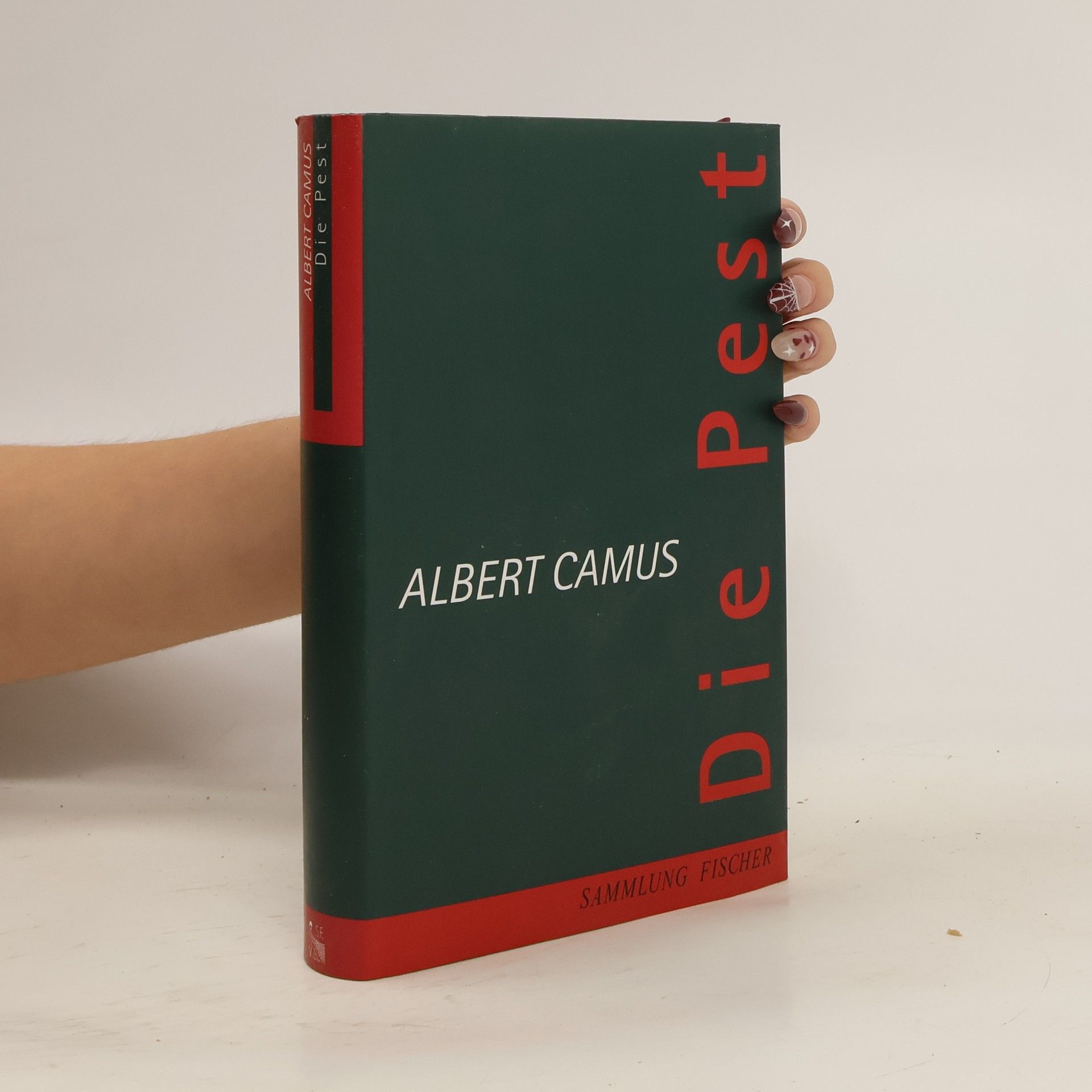The story of a man, Elzeard Bouffier, who planted trees on land which was dying because of a lack of vegetation__
Uli Aumüller Books
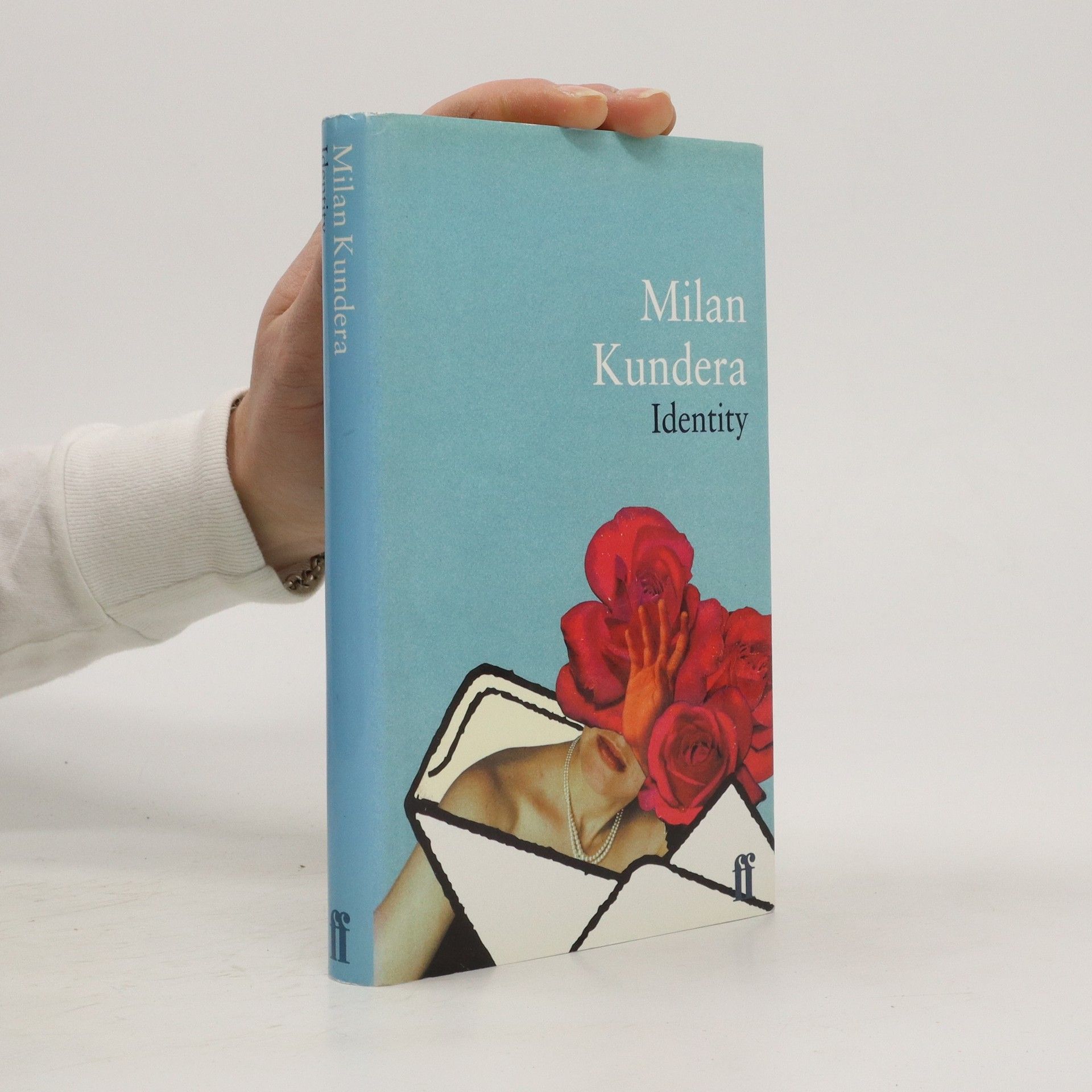
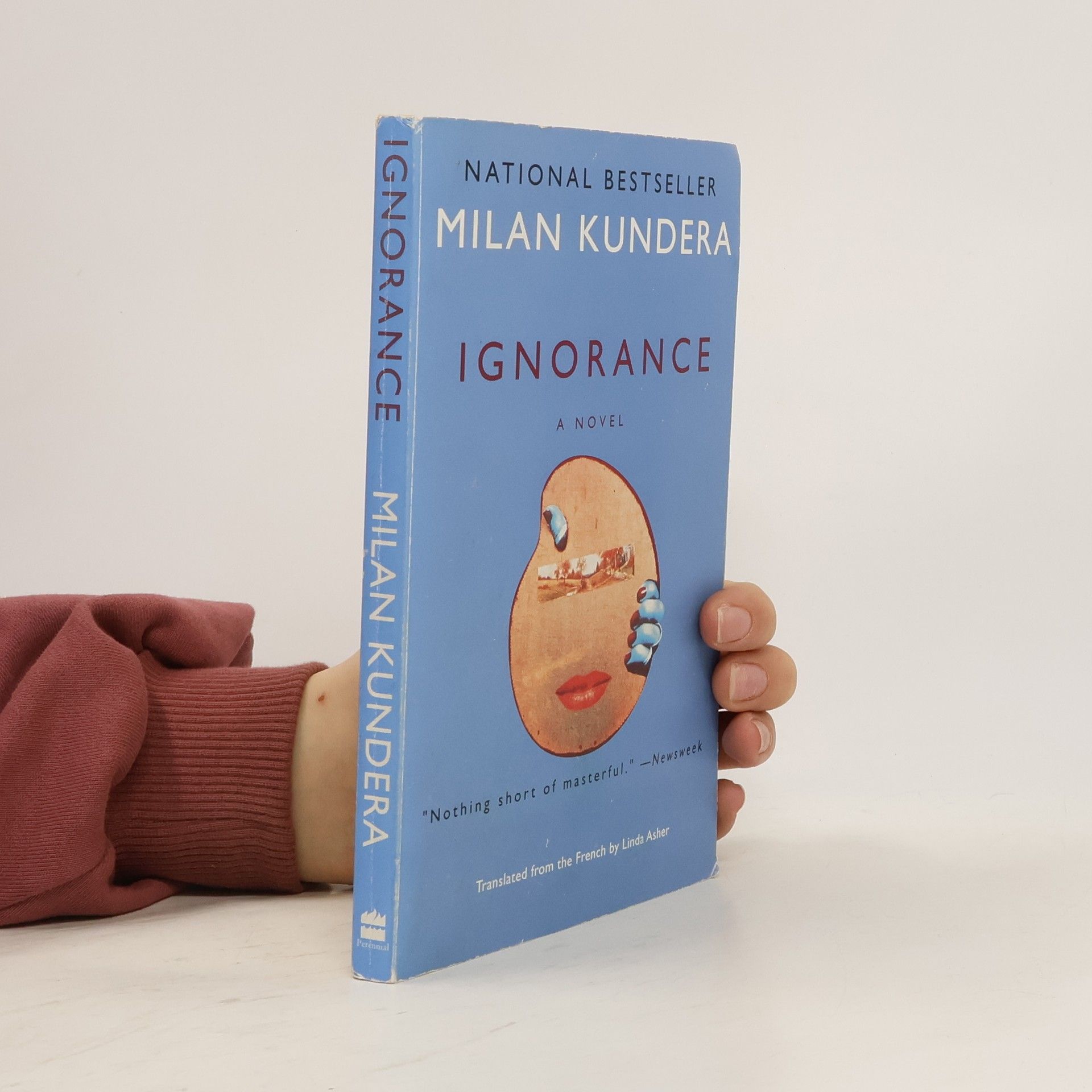

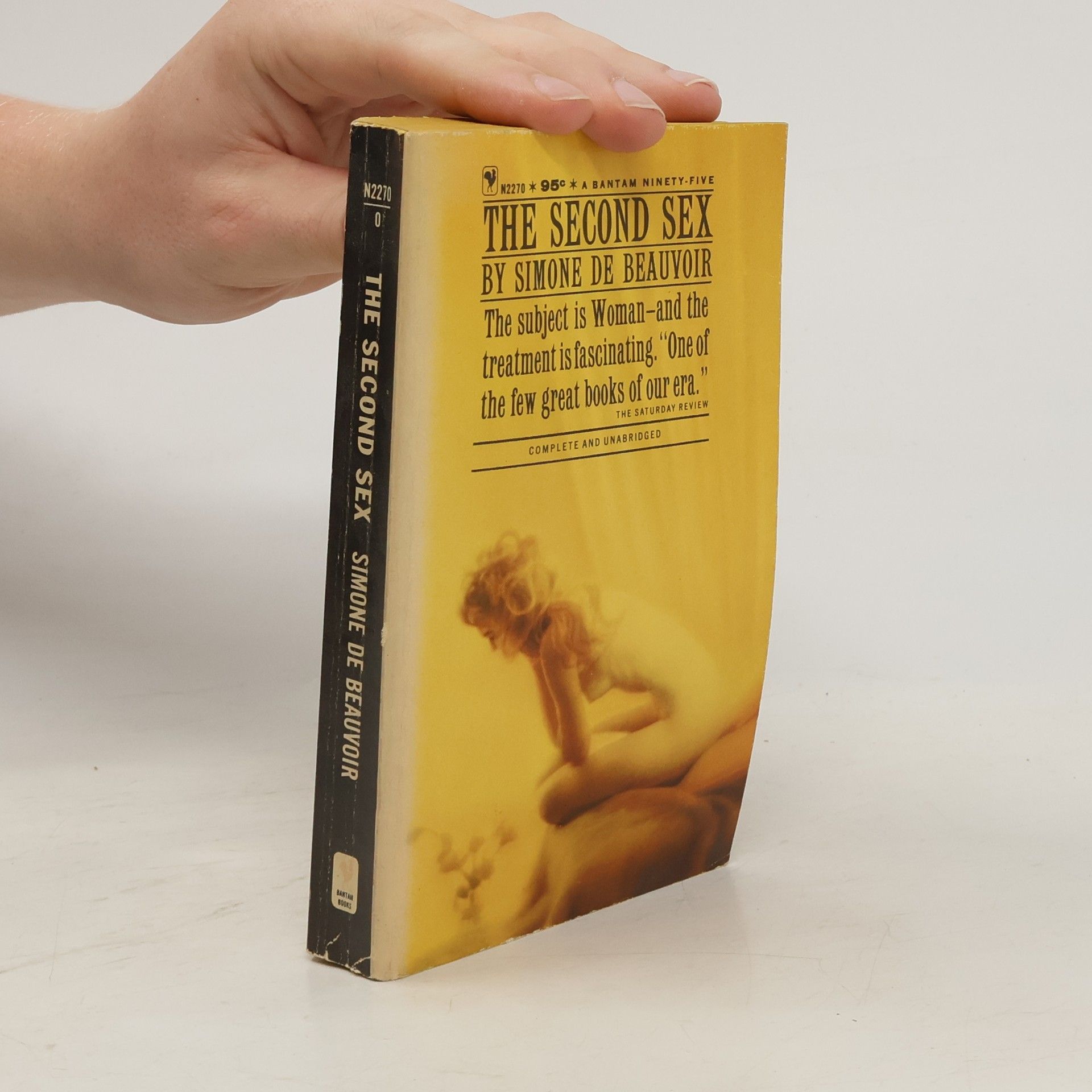
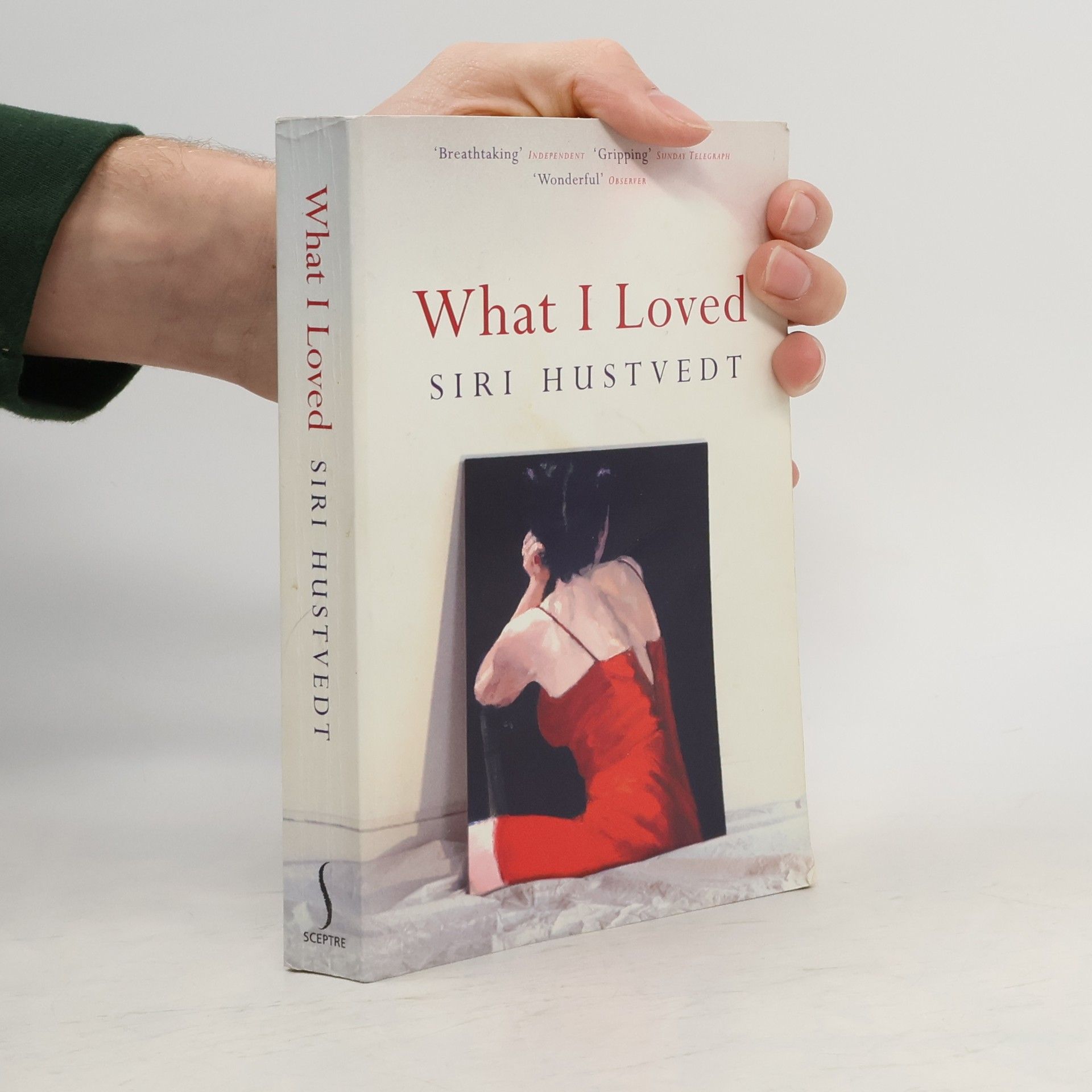
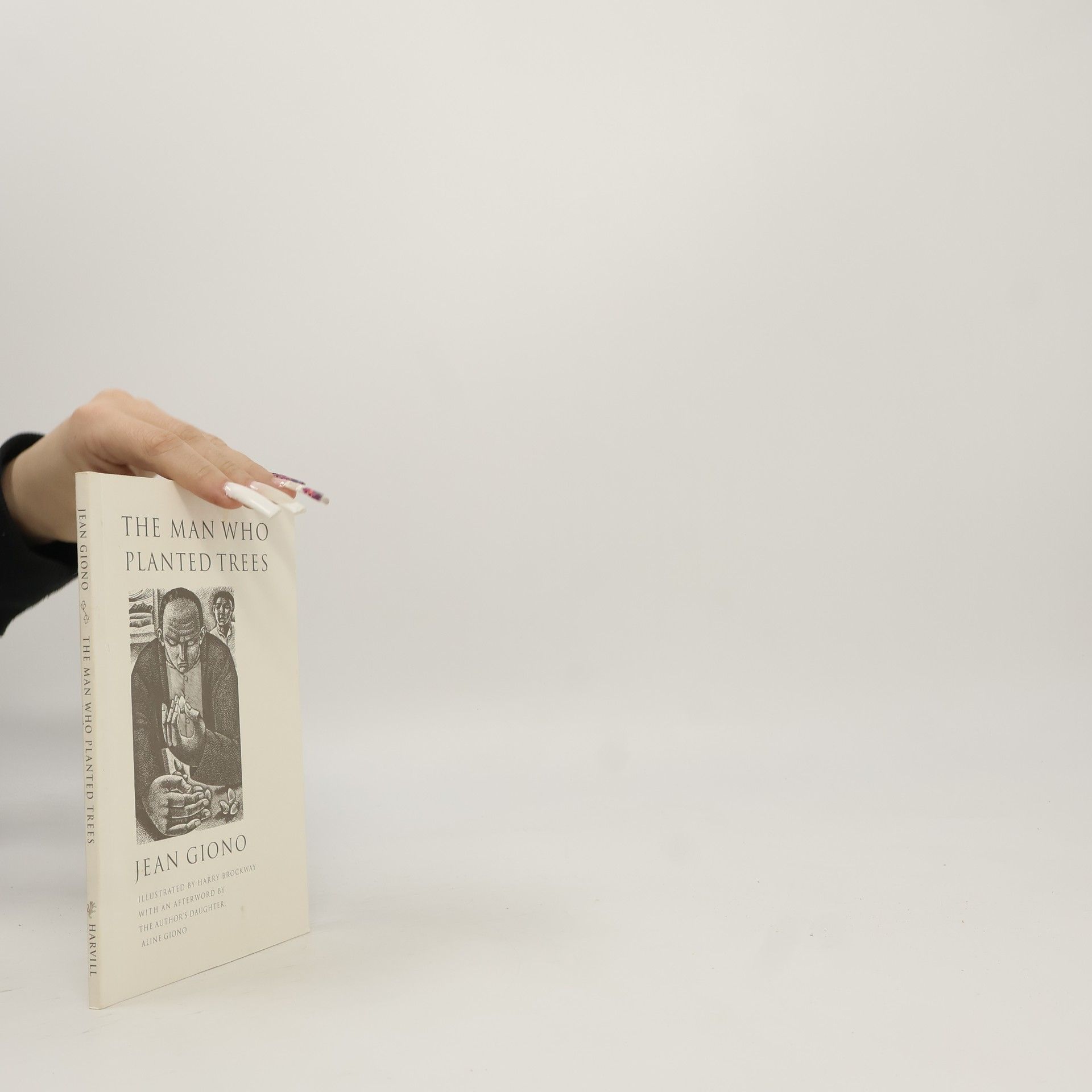
What I Loved
- 384 pages
- 14 hours of reading
From the author of "The Enchantment of Lily Dahl" comes a powerful and heartbreaking novel that chronicles the epic story of two families, two sons, and two marriages.
'Everyone who cares about freedom and justice for women should read The Second Sex' Guardian Simone de Beauvoir famously wrote, 'One is not born, but rather becomes, a woman'. In this groundbreaking work of feminism she examines the limits of female freedom and explodes our deeply ingrained beliefs about femininity. Liberation, she argues, entails challenging traditional perceptions of the social relationship between the sexes and, crucially, in achieving economic independence. Drawing on sociology, anthropology and biology, The Second Sex is as important and relevant today as when it was first published in 1949.
The Curtain
- 176 pages
- 7 hours of reading
"A magic curtain, woven of legends, hung before the world," writes Milan Kundera in The Curtain, his fascinating new book on the art of the novel. "Cervantes sent Don Quixote journeying and tore through the curtain. The world opened before the knight-errant in all the comical nakedness of its prose." For Kundera, that curtain represents a ready-made perception of the world that each of us has—a pre-interpreted world. The job of the novelist, he argues, is to rip through the curtain and reveal what it hides. In this entertaining and always stimulating essay, Kundera cleverly sketches out his personal view of the history and value of the novel in Western civilization. Too often, he suggests, a novel is thought about only within the confines of the language and nation of its origin, when in fact the novel's development has always occurred across borders: Laurence Sterne learned from Rabelais, Henry Fielding from Cervantes, Joyce from Flaubert, García Márquez from Kafka. The real work of a novel is not bound up in the specifics of any one language: what makes a novel matter is its ability to reveal some previously unknown aspect of our existence. In The Curtain, Kundera skillfully describes how the best novels do just that.
Ignorance
- 208 pages
- 8 hours of reading
A New York Times Notable Book Irena and Josef meet by chance while returning to their homeland, which they had abandoned twenty years earlier. Will they manage to pick up the thread of their strange love story, interrupted almost as soon as it began and then lost in the tides of history? The truth is that after such a long absence "their memories no longer match."
A novel by the author of The Unbearable Lightness of Being. A moment of confusion sets in motion a complex chain of events which crosses and recrosses the divide between fantasy and reality.
Die Kleine Reihe: Wie ein Roman
- 163 pages
- 6 hours of reading
Voller Witz, Charme und Intelligenz schreibt Daniel Pennac gegen Leseverdrossenheit und Bildungsdruck, gelingt es ihm überzeugend, Forderungen der Pisa-Studie einzulösen. Er plädiert für die unantastbaren Rechte des Lesers: Die 10 Rechte des Lesers: 1. Das Recht, nicht zu lesen 2.Das Recht, Seiten zu überspringen 3. Das Recht, ein Buch nicht zu Ende zu lesen 4. Das Recht, noch einmal zu lesen 5. Das Recht, irgendwas zu lesen 6. Das Recht auf Bovarysmus, d. h. den Roman als Leben zu sehen 7. Das Recht, überall zu lesen 8. Das Recht, herumzuschmökern 9. Das Recht, laut zu lesen 10. Das Recht, zu schweigen
Sammlung Fischer: Die Pest
- 362 pages
- 13 hours of reading
